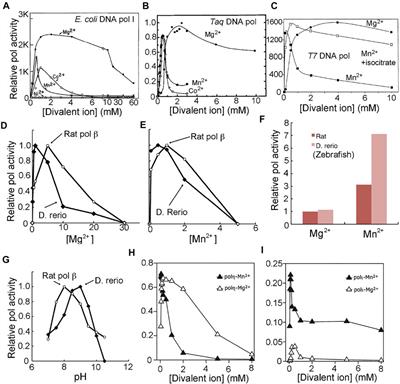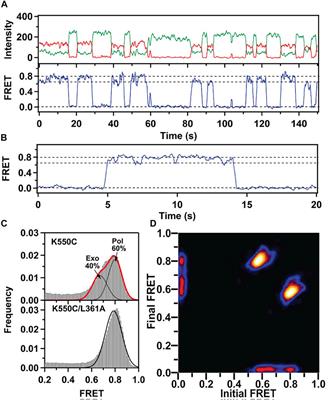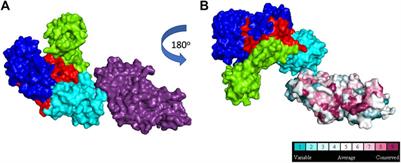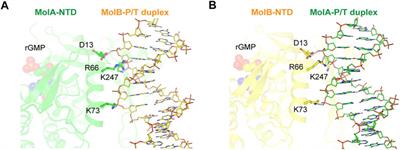EDITORIAL
Published on 13 Jul 2022
Editorial: Nucleic Acid Polymerases: The Two-Metal-Ion Mechanism and Beyond

doi 10.3389/fmolb.2022.948326
- 1,293 views
7,014
Total downloads
32k
Total views and downloads
EDITORIAL
Published on 13 Jul 2022

ORIGINAL RESEARCH
Published on 09 Mar 2022

REVIEW
Published on 01 Mar 2022

REVIEW
Published on 25 Feb 2022

ORIGINAL RESEARCH
Published on 14 Feb 2022

PERSPECTIVE
Published on 10 Jan 2022

REVIEW
Published on 07 Jan 2022

REVIEW
Published on 05 Jan 2022

CORRECTION
Published on 15 Dec 2021

ORIGINAL RESEARCH
Published on 18 Nov 2021

ORIGINAL RESEARCH
Published on 03 Nov 2021
